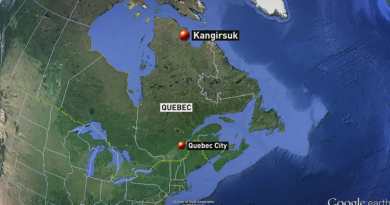Report on improving court system in Nunavik includes 60 recommendations
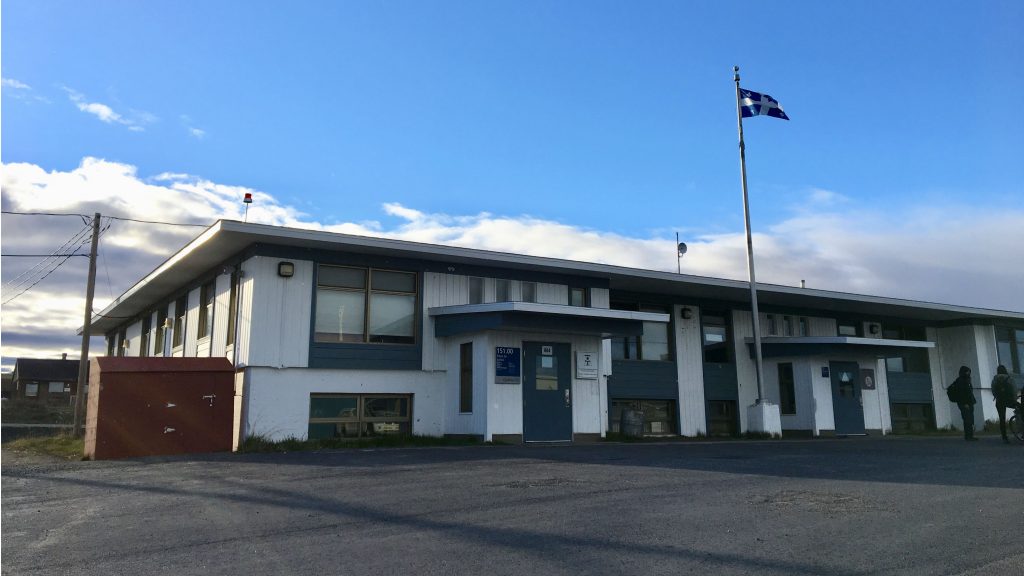
A report on how to improve the court system in Nunavik was filed on Friday and includes 60 recommendations for improving the ailing system.
Recommendations range from a greater role for local justice committees, requirements for the Director of Criminal and Penal Prosecutions (DCPP) to consider alternative measures instead of laying charges, and training on dispute resolution and Inuit customs for lawyers practicing in the region.
“The administration of justice is a long way from meeting the expectations of the Inuit,” Jean-Claude Latraverse, the report’s author, wrote in his conclusion.
“In addition to the unwillingness of some people to consider improvements to the current system, the lack of understanding of the Inuit community acts as a brake to many initiatives.”
Latraverse, a former defence lawyer and prosecutor in Nunavik, was asked to prepare the report by Quebec’s Ministry of Justice and Makivik Corporation, the Nunavik Inuit land claims organization, and to look at three main areas:
- improving court delays and challenges faced by the itinerant court
- improving pre-trail preparation
- increasing community involvement in dispute resolution
Court system in spotlight
The justice system in northern Quebec has long been under the spotlight and there have been numerous reports issued over the last 20 years outlining the inadequacy of the justice system in serving the province’s Inuit population.
They range from 1993’s Aqqusiurniq Sivunitsasiaguniqsamut Inuit Justice Task Force final report, to the 2014 Parnasimautik Consultation Report prepared by Quebec’s major Inuit organizations, to a 2015 report from the Quebec Bar Association that laid out in detail the ways the justice system was failing the people of Nunavik, to the 2016 Special Report by the Quebec Ombudsman that examined inadequate detention conditions, administration of justice and crime prevention in Nunavik.
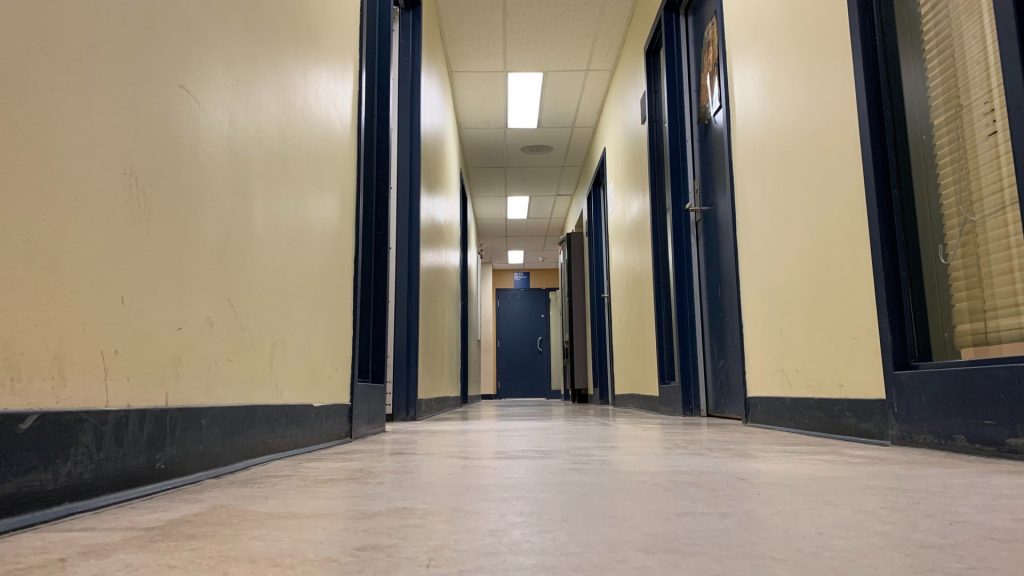
In his report, Latraverse said a more proactive approach was needed.
“A large number of studies, reports, articles and conferences have clearly identified the problems affecting the administration of justice, but a response in proportion to the needs expressed has not occurred,” the report said.
“The organizations involved, even in the Inuit community, have sometimes lacked the courage and impetus they need to change the system.”
Tackling delays
There are no resident judges or lawyers in Nunavik. Instead, the region’s 14 communities rely on a travelling court that visits their communities an average of two to four times a year.
For each itinerant court cycle, judges and lawyers, are brought up from other parts of the province, with Crown prosecutors flown up from Amos, a town in southern Quebec.
If the travelling court is in Kuujjuaq on the Ungava Bay coast, or Puvirnituq on the Hudson’s Bay side of Nunavik, the cases will be heard in a small courthouse.
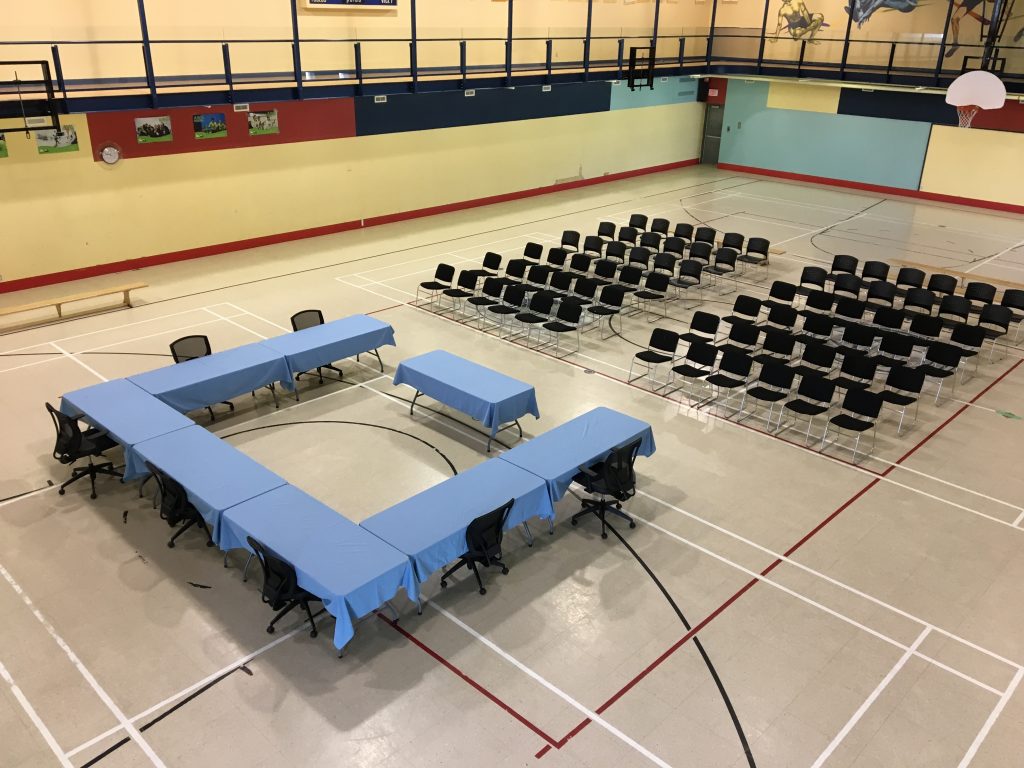
But in the other communities they’ll be held wherever there’s room, like in a local gymnasium. During the itinerant court sessions, lawyers have been known to meet witnesses for the first time everywhere from coatrooms to communal kitchens to bathrooms just a few minutes before trial.
But unpredictable weather and mechanical problems frequently delay the arrival of the court in the communities, and can prolong cases for years, putting undo stress on both victims and perpetrators.
Staffing problems can also delay cases.
Last month for example, 250 cases were postponed in Kuujjuaq because no judges were available to sit.
“The statistics show that delays are, more or less, the same as in the South, but the inconvenience and impacts experienced are not comparable,” the report said.
“When a case is postponed five times, it may involve a delay of over two years in some communities. The statistics do not take into account the fact that, in many cases, offenders are held in custody.”
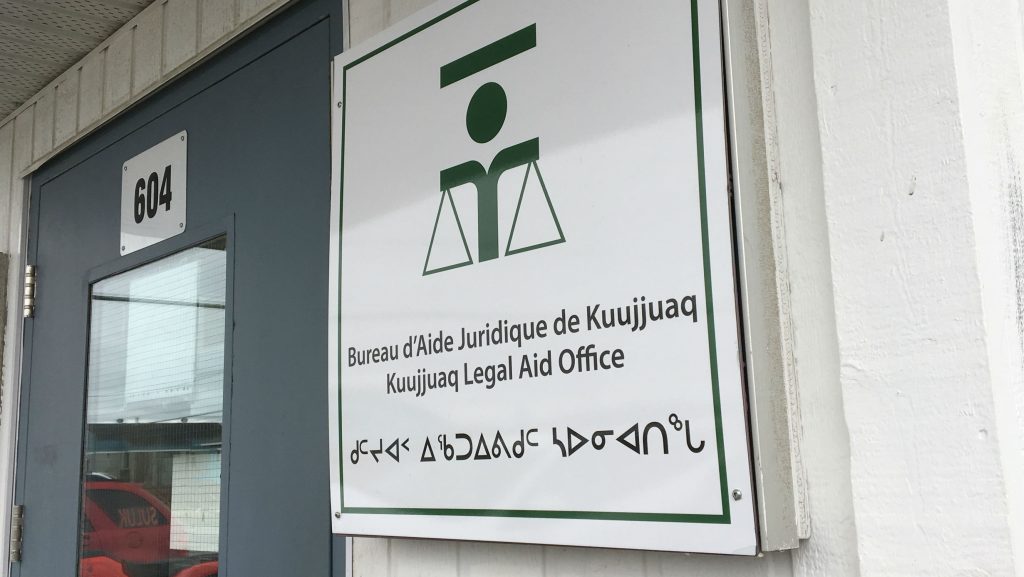
Latraverse said a greater use of technology would help alleviate the backlog and recommends things like the court agreeing to telecommunication when it’s unable to get to a community as planned.
He pointed out that such technology is already used for bail hearings in the Amos, for urgent Youth Protection motions, and during pandemic travel restrictions.
“We need to think outside the box, to innovate, to take action!,” the report said. “This is not a perfect solution, but it is effective.”
Increasing participation in justice committees
Latraverse said that in many ways the southern justice system is culturally at odds with traditional Inuit dispute resolution.
In the justice system, a case can drag on for years, while Inuit prefer to resolve disputes as quickly as possible.
Dispute resolution in the North involves all parties airing their version of events, while the southern justice system defendants are usually advised to remain silent.
“The silence of one party is contrary to Inuit culture, because they only have one version of the facts,” the report said. “They never hear the version of the accused. In their view, the story is not complete. It is hard to make an enlightened decision without knowing what actually happened.”
Increasing the role of justice committees, local bodies of 5-8 people that support both victims and offenders in their communities, and which focus on healing and rehabilitative and traditional approaches, is also advisable, the report said.
“I have put justice committees in the spotlight because I believe that this is the best way to ensure the inclusion of the Nunavimmiut [people from Nunavik] in a system to regulate offending behaviour, in a way that resembles the ancestral approaches to dispute resolution,” Latraverse said.
Local organizations should step up: report
The report also said Nunavik organizations shouldn’t underestimate the impact they could have on improving the regional justice system if they played a greater role.
“Organizations in Nunavik have often been spectators rather than actors in the changes made in their areas of jurisdiction,” the report. “These organizations must place more value on the role they play in the administration of justice, without expecting everything to come from the South.”
Included among the recommendations is that Makivik pass a irrevocable resolution to make the justice system a priority for the next 15 years, and that Makivk; the Kativik Regional Government, the body that administers Nunavik; and the Nunavik Regional Board of Health and Social Services, work more closely together on justice issues.
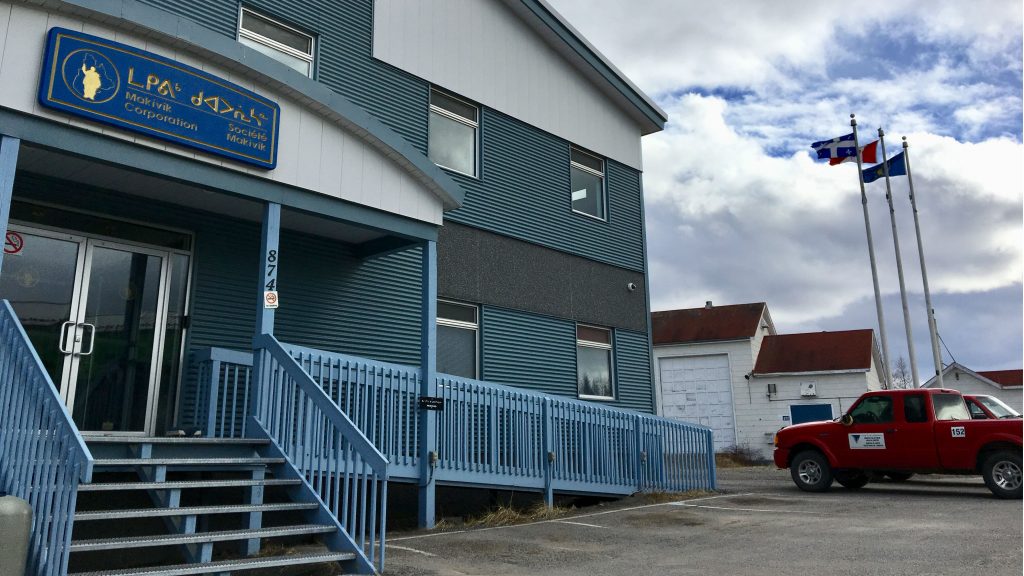
Latraverse said Makivik has taken important steps at different periods of time, including expanding its Justice department in recent years, but that there’s been a lack of consistency over the last two decades.
“I met with the department several times and I know that the best is still to come,” Latraverse said. “Its vision and energy are more than a match for the issues it faces.
“However, my experience with Makivik leads me to doubt whether this dedication will last. The Makivik executive and council would have to make a commitment, over 10 or 15 years, to make justice a priority and one of their core focuses. This is the only way to build an effective partnership between players in the court system and the Nunavimmiut.”
No one at Makivik corporation responded to a request for comment on Friday, but in a joint news release with the Quebec government, president Pita Aatami said it would take all the recommendations onboard.
“Makivik will continue to push for justice services that are more culturally relevant and for the Inuit to play a bigger role in the design and implementation of a system that makes sense for our communities,” he said.
“Makivik is looking forward to working with all our partners to ensure that the recommendations found in the report are implemented in a timely fashion.”
Quebec’s justice minister said it was committed to improving the legal system in Nunavik.
“Now, working with Makivik and local social and judicial partners, we will review [the report’s] recommendations in order to improve justice for the Inuit,” Simon Jolin-Barrette said.
“The collaboration of all Nunavik justice stakeholders will of course be essential.”
The full Report on the Situation of the Itinerant Court in Nunavik is available here.
Write to Eilís Quinn at eilis.quinn(at)cbc.ca
Related stories from around the North:
Canada: Justice system in northern Quebec straining at the seams and devastating victims, say Crown prosecutors, Eye on the Arctic
Finland: Police response times up to an hour slower in Arctic Finland, Yle News
United States: Violence Against Women bill would expand power of up to 30 Alaska tribal courts, Alaska Public Media

